A UNCuyo science project will receive $330,000 from the Zuckerberg Foundation: how will it be invested?

This is the Latin American Hub of the Reagent Collaboration Network (Reclone) , a global network of scientists dedicated to accelerating the development and distribution of reagents and supplies for biotechnology, genetics, and molecular biology research throughout the region (with the participation of researchers and authorities from various universities in Chile, Peru, Ecuador, Brazil, Colombia , and various provinces in Argentina ). UNCuyo is leading this network , which will share reagents for biomedical research in Latin America.
UNCuyo Laboratory 9.jpg
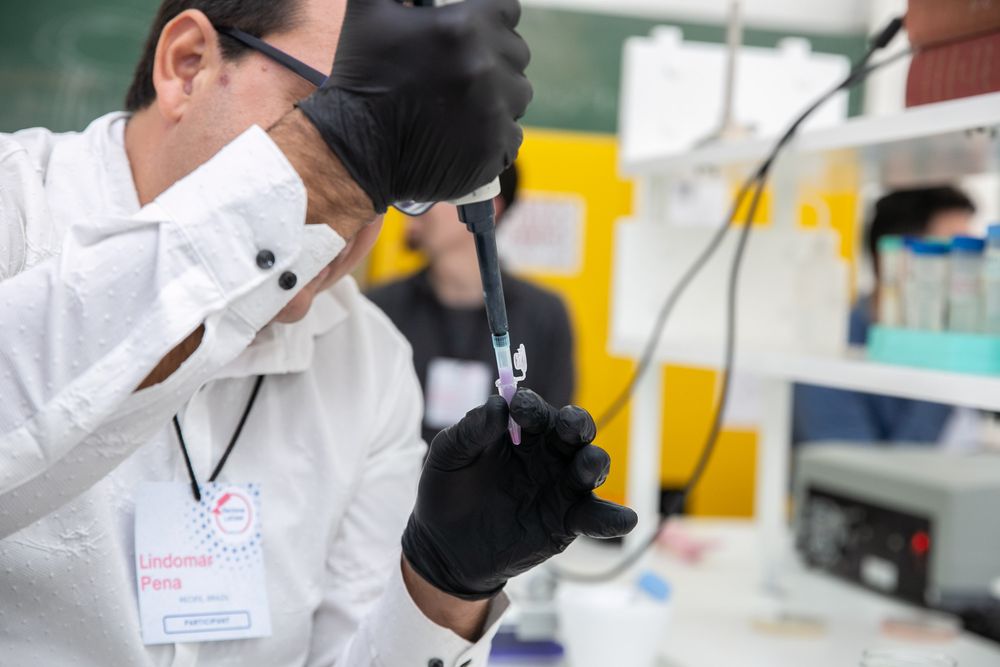
Recently, the Chan Zuckerberg Initiative (CZI) —a philanthropic organization focused on advancing science , promoting equality , and improving people's lives —selected this project for funding . Additionally, the initiative , spearheaded and driven by the Mendoza university, was the only Argentine initiative on this topic to be funded.
"First we made a written application to a researcher from the University of Cambridge , one from the Pontifical Catholic University of Chile and the Cayetano Heredia University in Peru, always leading the proposal. After they selected that written proposal , there were rounds of oral defense in front of officials and committees of the foundation , and for the final decision there were six rounds of selection . The final decision and the last defense was in the foundation itself and in Silicon Valley , which is where the money comes from," summarized the Secretary of Research, International and Postgraduate Studies (SIIP), Teresa Damiani to Los Andes.
To formally launch the Hub Latam activities, UNCuyo initially convened researchers and representatives of biotechnology and open science to the workshop "Building a Collaborative Network for Access to Molecular Biology Reagents in Latin America." This was also complemented by closed-loop practical sessions in laboratories at the Faculty of Medical Sciences (where the Hub is located).
"This network emerged at the University of Cambridge and shares the values we defend and promote at our institution: scientific cooperation, equity in access to knowledge, and the search for real solutions to the challenges facing our societies," said Esther Sánchez , rector of UNCuyo.
UNCuyo Laboratory 4.jpg
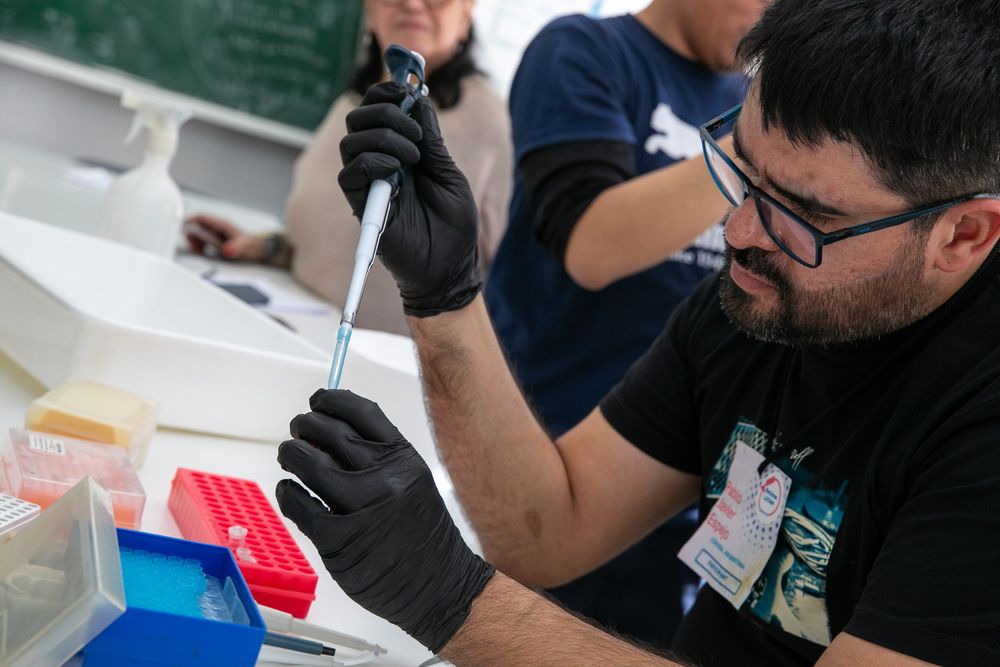
In this sense, he highlighted this new phase in the way we think about science in Latin America, which has become more open , more collaborative , and more committed to the development of the region's countries . And it focuses on access to reagents , a key component for researching, teaching, or working in molecular biology , genetics , and biotechnology .
“We know that those who work in laboratories , especially in Latin America , face multiple obstacles every day: limited budgets, import restrictions, legal and logistical barriers. And often, what holds back a line of research isn't a lack of ideas or talent—which is abundant in our region—but rather a lack of basic supplies ,” Sánchez emphasized.
UNCuyo Laboratory 8.jpg
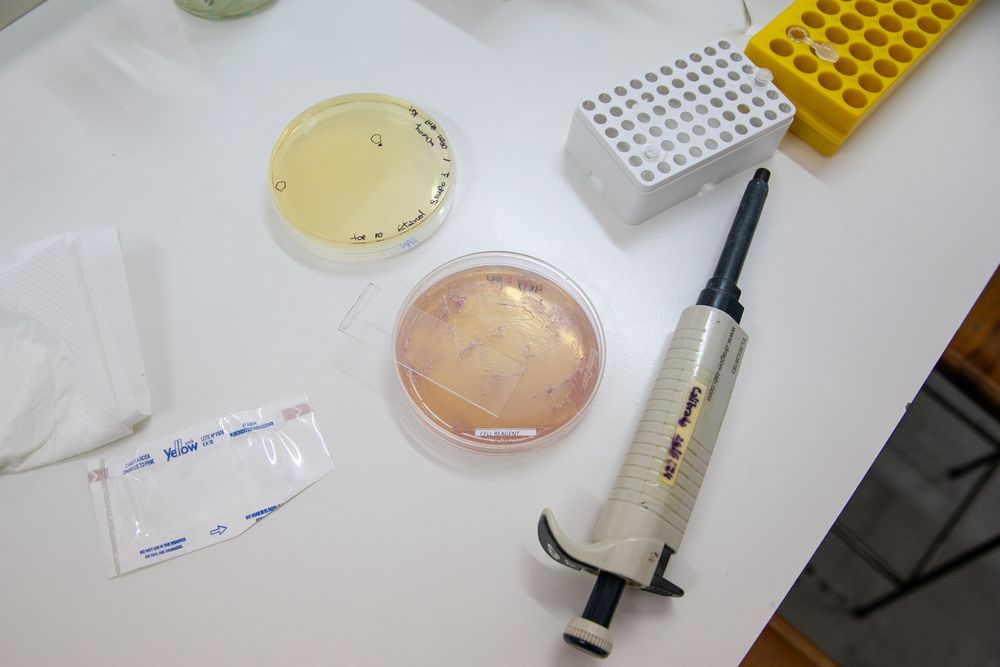
The Reclone Hub aims to create and share patent-free, accessible, standardized biotech reagents produced at universities and research centers . This way, and as the rector emphasized, there will be benefits not only for those who focus on basic or applied research , but also for those who teach biology , diagnose diseases , and transfer technology in hospitals, schools , and production centers.
“Knowledge that isn't shared is lost. And collective and collaborative work is the key to facing the great challenges of our time,” concluded Rector Sánchez.
UNCuyo Laboratory 6.jpg
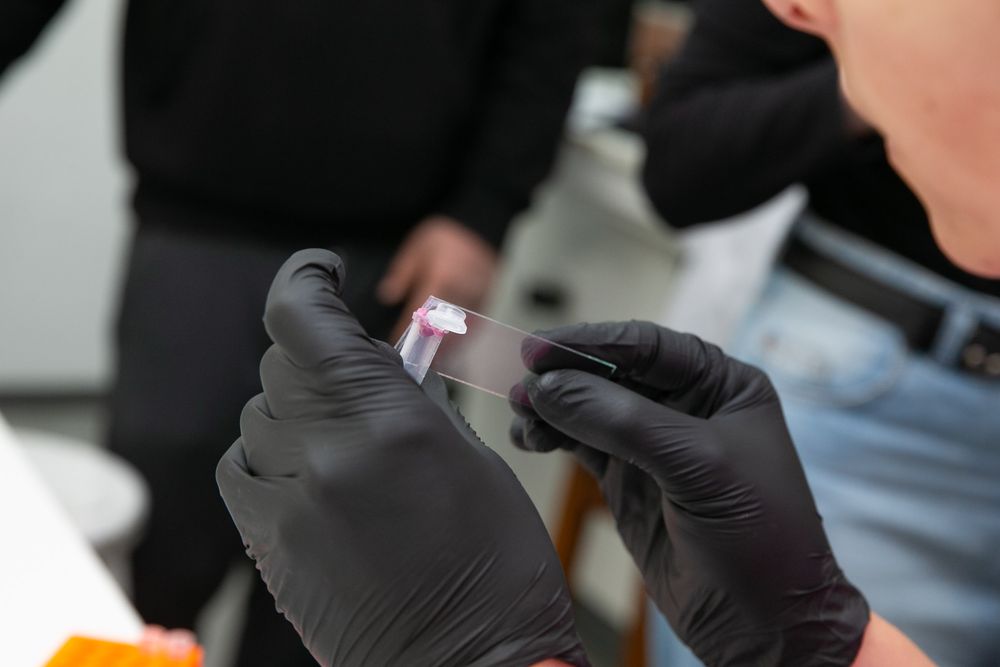
In turn, Damiani emphasized that the main objective is to generate a mechanism for scientists in the fields of molecular biology, genetic engineering, and biotechnology to access patent-free reagents , all by hosting a repository at UNCuyo . This way, they will be able to manufacture these inputs, which are often critical for conducting high-cost experiments that are very difficult to import . With this repository, they will be able to access them more simply and less expensively , precisely by belonging to this global network of scientists.
“ Six years ago, we launched the Open Science program with the aim of promoting the universal exchange of all knowledge , processes , and results in biomedicine ,” emphasized Darío Taraborelli, representative of the Open Science and Open Source program at the CZI.
UNCuyo Laboratory.jpg
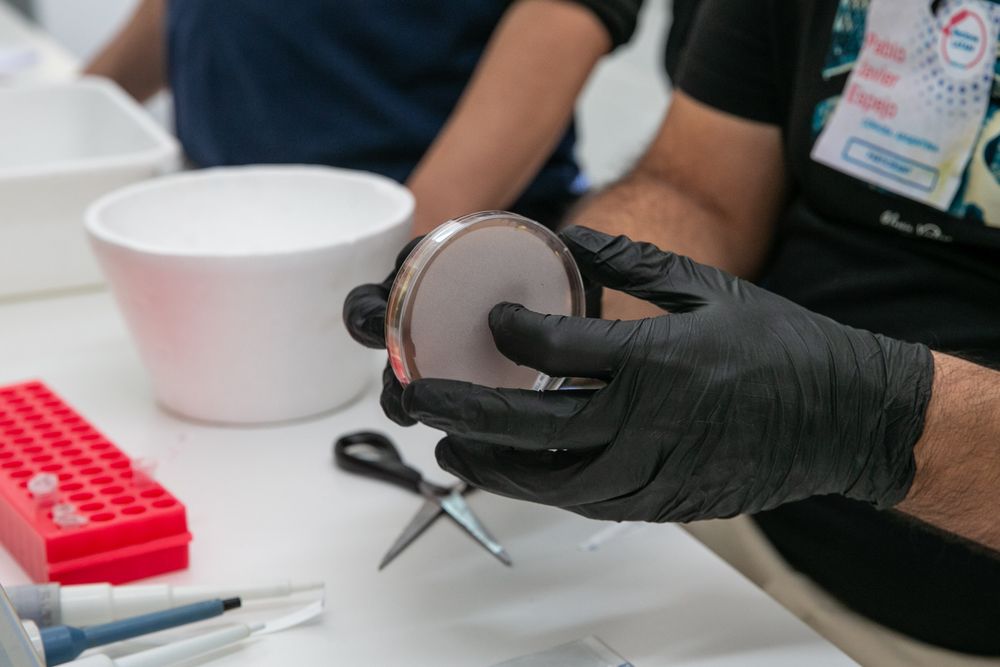
In this regard, he indicated that most of the initiatives that are usually associated with open science focus on the reuse of these digital objects , and that they rarely address the impact of the open, rapid and universal distribution of resources and physical materials .
"This collaboration with Reclone highlights another key aspect: open biological materials and reagents, which can also be reused and shared, being an excellent example of open science in action. I am convinced that Reclone will have a very significant impact on biomedical research in Latin America . I look forward to seeing what this community will achieve together ," concluded Taraborelli.
losandes





